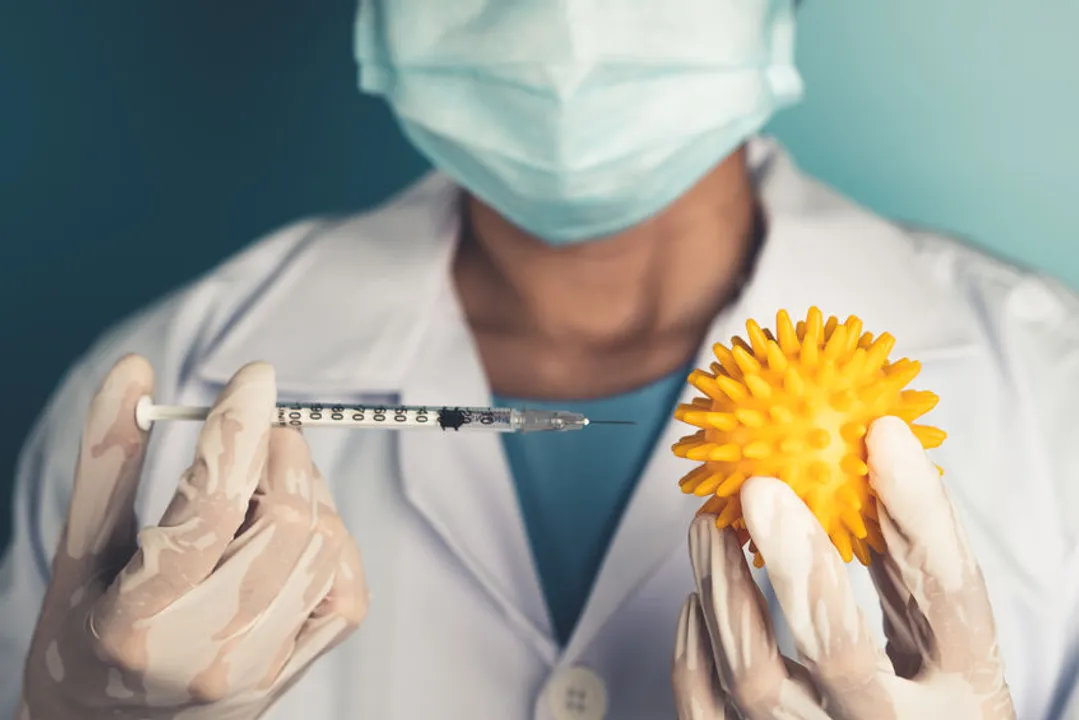Emerging Medical Technologies That Will Improve Healthcare

pitinan/123RF.com
As the sad chapter of 2020 closes, it is with hope and optimism that we can all look forward to the creative endeavors rolling out in the new year. The destruction of society as we knew it has opened the doors of opportunity to solve even more significant problems as we advance into 2021.
Does It Work?
With the rapid deployment of COVID vaccinations worldwide, researchers provided tools to verify the results quickly.
An advanced nanomaterial-based biosensing platform developed by researchers at Carnegie Mellon University can detect SARS-CoV-2 antibodies within seconds. While the world focuses on COVID-19, this technique has a very low error rate and applies to various other viruses of public health concern across the globe.
The Wiring
Over 5 million people in the United States currently have dementia, with a new diagnosis approximately every 65 seconds. This issue has apparent massive importance in light of our aging society.
Researchers have discovered how vector cells work storing time and distance data in the brain. Alzheimer's preferentially attacks this type of cell and explains why losing objects is often an early warning sign of this type of dementia. The hope is that with earlier diagnosis, researchers can develop interventions for this fatal diagnosis.
The brain's connectome can be thought of as a wiring schematic. Through a more comprehensive understanding of these links, researchers hope to discern key differences in disease states that will allow earlier intervention and the development of targeted therapies.
Researchers at the Okinawa Institute of Science and Technology (OIST) Graduate University have been using artificial intelligence to map brain regions. Using advanced MRI techniques, they have been able to determine neural connections at an accelerated pace compared to the older methods using animal models.
Advancing the Editing Process
CRISPR-Cas9 gene-editing technology has allowed the creation of novel concepts to treat a variety of health conditions. Genetically modified organisms are engineered to spread a desired genetic variation (Allele) throughout a targeted population. Proposed uses include the eradication of diseases transmitted by insects such as malaria.
Hope for Movement
GenElek Technologies is combining a robotic exoskeleton with AI, offering hope for people with paraplegia. Consider the impact as a reported 1 in 50 live with some degree of paralysis in the US alone. Additional applications include stroke, degenerative, or demyelinating neurologic conditions.
Rise of the Machines
AI has previously shown promise in mammography. A new study at the University of North Carolina Adams School of Dentistry showed Denti. AI detected a significant number of pathologic conditions missed by human dentists. This technology promises less expensive care and improved outcomes due to early detection.
A Bit of Quinine
Scientists at the University of Minnesota have discovered a polymer-based method of delivering DNA that has promises in creating treatments for various genetic conditions. This tonic water molecule's fluorescent properties allow researchers to track its journey through the body into cells. A significant cost saving is likely compared to current viral vector techniques.
Connectivity
As various entrepreneurs and their companies deploy solutions worldwide, enhancing and expanding internet connectivity, physicians and administrators can address the access to care issue head-on. Many parts of the world have internet access rates of 10-17%. Google’s Loon project has the potential to bring healthcare, education, and entrepreneurial opportunities by delivering affordable internet access.
2020 delivered many painful lessons. It also created numerous opportunities to solve inequalities and close gaps in our healthcare system while advancing functionality and longevity for humanity as a whole. Adopt an abundance mindset and find solace in the creativity and promise of those pushing the boundaries of what is possible.
Related Posts
